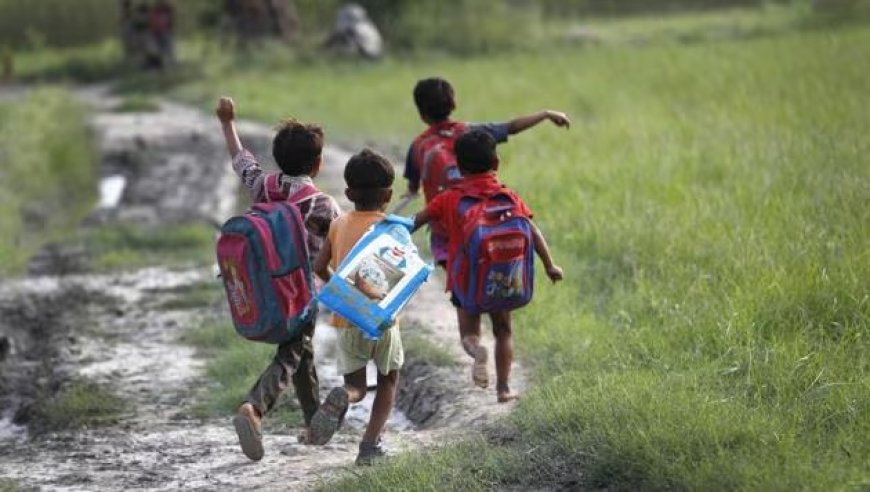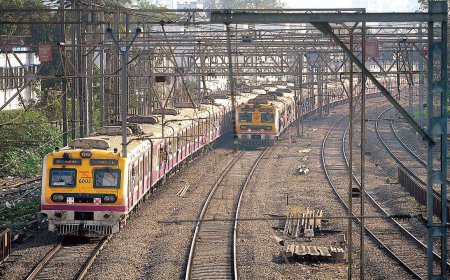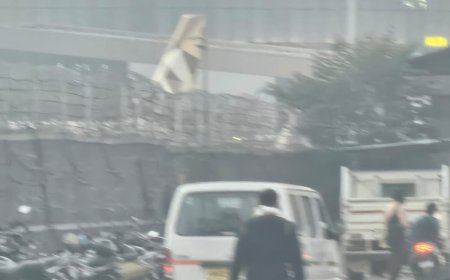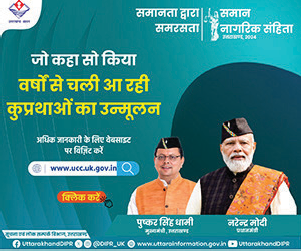Mumbai, July 14: Despite years of government initiatives and NGO interventions, a growing number of children in Dharavi are being forced out of school due to poverty, unsafe surroundings, and poor health, according to local educators and social workers.
“This academic year alone, more than 100 students have dropped out at different levels, and we expect the numbers to rise,” said J. Chelladurai, Principal of Gandhi Memorial School. His concern reflects a deeper crisis affecting thousands of families across one of Asia’s largest slum clusters.
Education activists estimate that over 40% of children in Dharavi drop out before completing primary school, and another 20% leave between Class 6 and 8, even as programmes like “Mission Zero Dropout” attempt to track and re-enroll them.
“The biggest reasons are poverty, safety concerns for girls, and illiterate parents,” said M. Swaminathan, a veteran social worker who has been active in Dharavi’s education sector for over 30 years. “Many children are forced into part-time jobs to support their families with just a few hundred rupees a month.”
Local residents echo the same concerns. Ricky Mahaat Bidlan, a resident of 90-feet road, shared that both his daughters left school after Class 9. “It’s not safe here. We worry every time they step out. If the area becomes safer, our children’s future might look different.”
Dharavi is home to around 60 schools serving approximately 33,000 students. Of these, 36 are run by the Brihanmumbai Municipal Corporation (BMC), while the rest operate privately. NGOs like Salaam Bombay Foundation and Apnalaya have stepped in to offer skill-based training, promote girls' education, and set up mobile libraries. However, gaps remain.
A troubling issue is the presence of unregistered schools lacking formal recognition. One such example is Morning Star School, which was recently ordered to shut down by the state after operating illegally for five years, leaving more than 700 children without a school overnight.
Parents and community members also point to overcrowded classrooms, a lack of playgrounds, and poor infrastructure as deterrents to education. “Many classrooms are cramped, and children barely have space to move. The educational and recreational infrastructure here needs a complete overhaul,” said one parent who wished to remain anonymous.
While the Dharavi Redevelopment Project is expected to bring improvements, experts stress that a child’s right to education must not be determined by their postcode.
As the city grapples with one of its most persistent social challenges, it becomes clear that ensuring safe, inclusive, and accessible education must remain at the heart of Mumbai’s urban transformation.




 Previous
Article
Previous
Article











